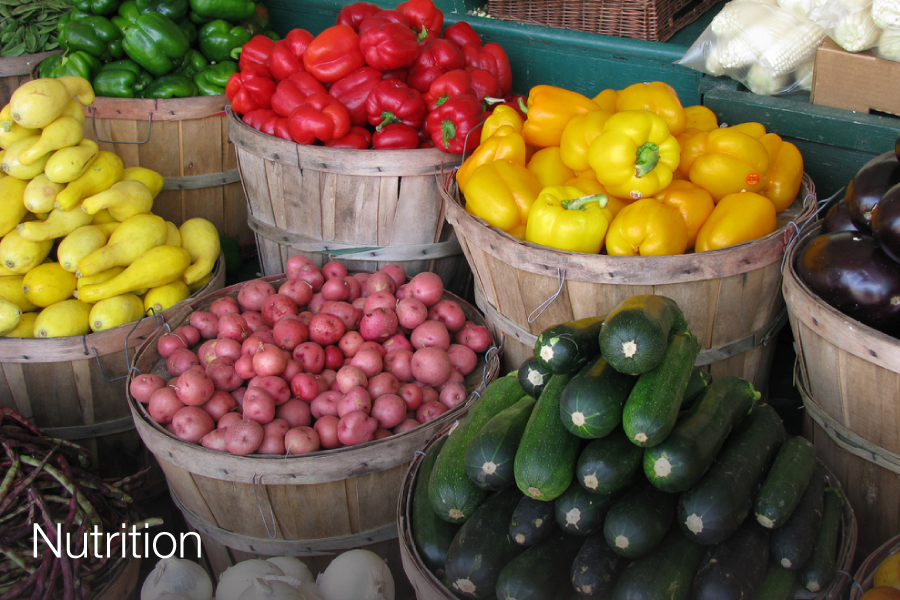Feel better by changing your diet
For most of human history the compelling concern of everyday life was simply finding enough to eat. Fail for a day and you felt hungry; fail for several days and you starved. Consequently, humans evolved to wolf down large amounts of food whenever it was available, and to delight in sweet tasting sugars and calorie-loaded fats.
But what is good for preventing immediate starvation is not what’s good for maintaining long-term wellbeing. Lots of sugar, fat, and calories take a toll on both body and brain, as the growing epidemics of obesity, diabetes, and heart disease make all too clear. The mind also suffers. An unhealthy diet takes a toll on mood and mental acuity, eventually resulting in greater rates of depression and dementia. On the other hand, a healthy diet enhances mental function, reduces the rates of depression and dementia, and lowers the loss of mental acuity that can occur with aging. Consequently, those of us fortunate to live in countries with large amounts and varieties of readily available foods have to consciously select our diet.
What is a good diet for mind and brain? Researchers have produced hundreds of studies, but their findings can be reduced to several simple principles. These are to eat:
• Mainly fruits and vegetables (a vegetarian diet)
• Multicolored fruits and vegetables (a rainbow diet)
• Some fish (a pesco-vegetarian diet). For those who don’t eat fish regularly, it can be worthwhile to supplement with fish oil
• Reduce excess calories. Fortunately vegetarian diets are low calorie diets.
In short, the foods we choose are enormously important for both our physical and mental wellbeing.
